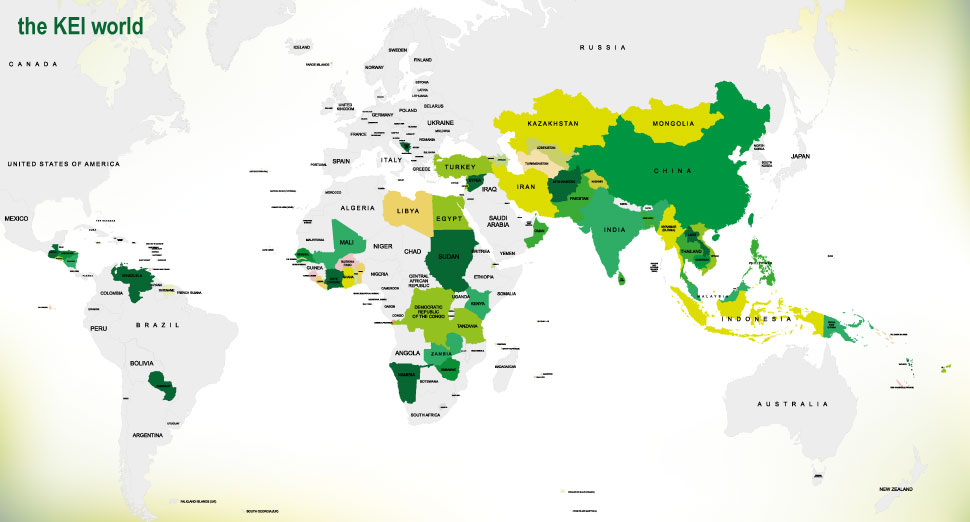The Seoul Declaration on Public-Private Partnerships (PPP) for Infrastructure Development in Asia and the Pacific was adopted on October 2007. Recognizing the increasing impact of globalization, and the substantial growth in output, trade, and investment being experienced by many countries in the Asia and Pacific region; it was resolved that respective governments will develop and implement PPP policies in line with the principles of good governance. The Declaration recognized the important contributions provided by bilateral donors, international financial institutions, and other organizations in assisting countries in their PPP endeavors.
The High-level EGM was organized by the United Nations Economic and Social Commission for Asia and the Pacific (ESCAP) and hosted by the Government of Indonesia in Jakarta on April 2010. The High-level EGM was held in conjunction with the Asia-Pacific Ministerial Conference of Public-Private Partnerships for Infrastructure Development. The Ministerial Conference adopted the Jakarta Declaration on Public-Private Partnerships for Infrastructure Development in Asia and the Pacific and recognized the need to enhance or create an environment conducive to private sector participation in the provision of infrastructure facilities and services.
Governments, in pursuance of PPP as the strategy for infrastructure development, established their respective institutional and policy frameworks; for PPP project implementation.
Working with government line-agencies mandated for expressways and rail, KEI has made careful studies for projects structured for PPP implementation; and these are embodied in feasibility studies and technical papers. KEI’s familiarity and expertise with governmental institutional and legal frameworks, together with its policies, are key to KEI’s successful crafting of PPP schemes that balances risk sharing between the Public and Private Sectors. KEI developed optimum PPP schemes for projects as these correspond to resource availabilities and as these are consistent with the objectives of each partner – financial and developmental.
Further on, KEI provided procedural directions for the administrative approvals consistent with the policies and guidelines of the corresponding government as well as that of financing institutions.
KEI has provided experiential advice on transactional analysis with negotiation expertise in tendering concessions and franchises.





